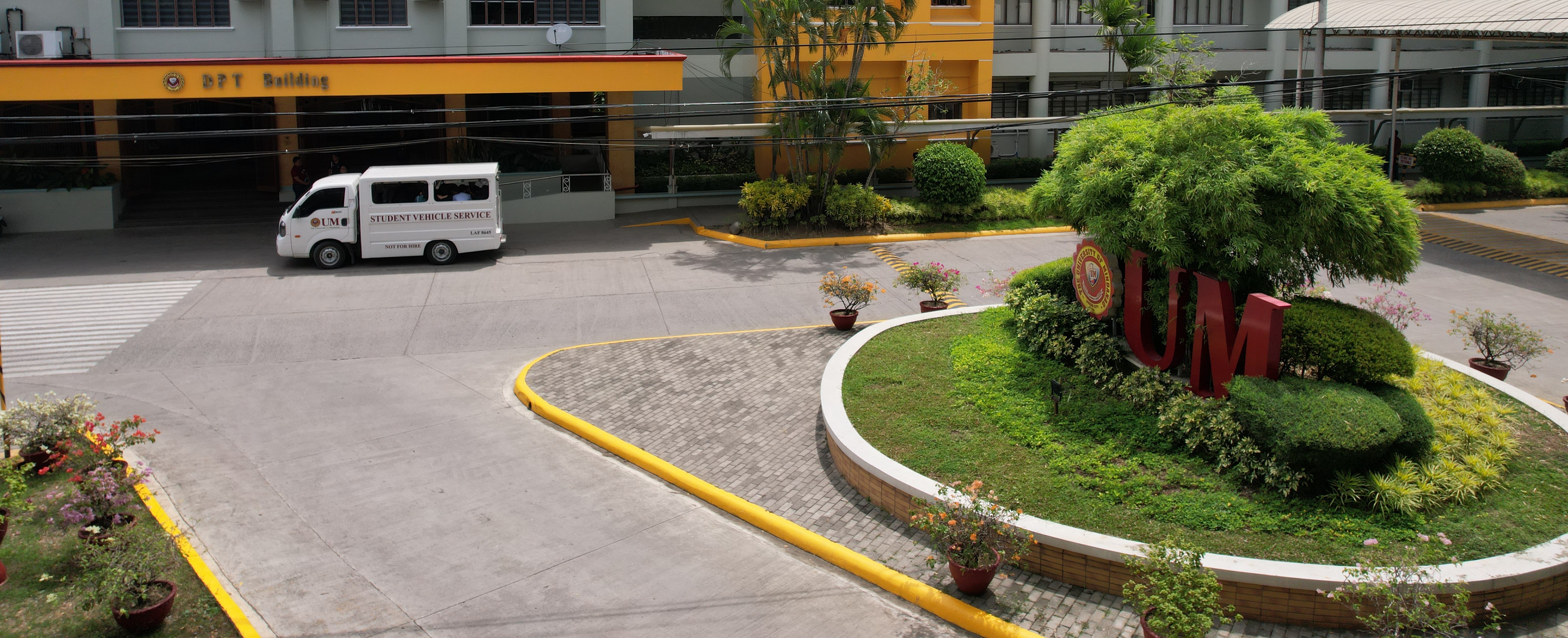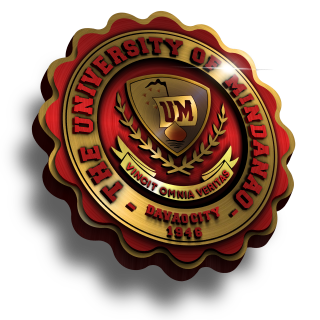
Bachelor of Science in
Agroforestry
About the Program
The Bachelor of Science in Agroforestry is a four-year program that blends agriculture and forestry, providing students with hands-on experience in sustainable land use. From agroforestry practices to community engagement, the curriculum prepares graduates for roles as specialists and consultants in the field. With faculty expertise and internships, students gain practical skills to contribute to resilient and sustainable agroecosystems. Join us to be a catalyst for positive change at the intersection of agriculture and forestry.
Program Educational Objectives
Three to five years after graduation, the graduates are expected to:
- Become an interdisciplinary agroforestry professional imbued with competencies in carrying out science, art, and business of a dynamic and interactive process of production, protection and management of crops, trees and animals.
- Evaluate the appropriateness of agroforestry systems to address socio-economic, political, and environmental changes for sustainable development.
- Demonstrate leadership, honesty, and integrity in the practice of agroforestry enterprises/projects.
- Engage in agroforestry research activities for the advancement of socio-economic productivity.
Student Outcomes
By the time of graduation, the students of the program shall have the ability to:
- Achieve higher levels of comprehension.
- Demonstrate proficiency in effective communication (writing, speaking, and use of new technologies).
- Develop a comprehensive understanding of basic concepts across the domains of knowledge.
- Apply critical, analytical, and creative thinking.
- Cultivate an appreciation of the human condition.
- Exhibit the capacity to personally interpret the human experience.
- Demonstrate the ability to view the contemporary world from both Philippine and global perspectives.
- Display self-assurance in knowing and being Filipino.
- Demonstrate the capacity to reflect critically on shared concerns and generate innovative, creative solutions guided by ethical standards.
- Exhibit the ability to reflect on moral norms/imperatives and their impact on individuals and society.
- Demonstrate the ability to appreciate and contribute to artistic beauty.
- Demonstrate understanding of and respect for human rights.
- Exhibit the ability to contribute to the country’s development personally and meaningfully.
- Demonstrate the ability to work effectively in a group.
- Utilize computing and information technology to assist and facilitate research.
- Demonstrate the ability to navigate the world of technology responsibly.
- Demonstrate effective problem-solving skills, including the ability to address real-world problems.

 Explore in Academia
Explore in Academia